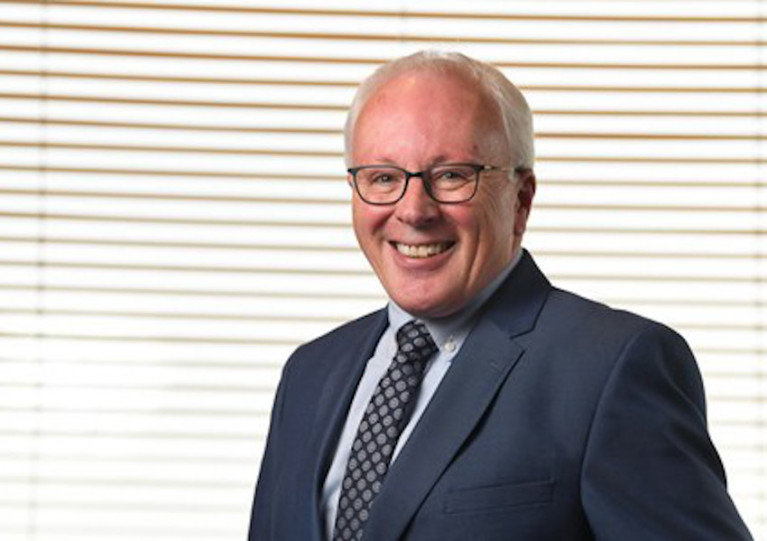This week’s Oceans of Learning topic, the final one in the 10-week series from the Marine Institute, focuses on partnerships between marine science, industry and education and how these can help ensure a healthy and sustainable future for our ocean.
Collaboration is one of the core values of the Marine Institute’s work — from mapping our seabed to policy support and scientific advice for the maritime sector, seafood safety monitoring services and funding marine research projects.
“It is vital to have a culture of open communication and a collaborative mind set with government, industry and other organisations in Ireland, to keep a focus on knowledge gap areas and new research requirements that will allow us to sustainably use and protect our ocean resource,” said Dr Paul Connolly, chief executive of the Marine Institute.
“Working on the international stage is also very important and is key to develop research programmes that deepen our understanding of the ocean and predict how it may change and impact on our island nation."
One of the Marine Institute’s key activities over the next 10 years will be the Europe-wide Mission Ocean, which focuses on restoring the health of our oceans, seas, rivers and lakes.
The goal of Mission Ocean is that by 2030 we will be focused on cleaning marine and fresh waters, restoring degraded ecosystems and habitats, and decarbonising the blue economy in order to sustainably harness the essential ‘goods and services’ that our oceans, seas, rivers and lakes provide.
“The ocean is our greatest natural resource. It provides us with the oxygen we breathe, provides us with food, influences our weather and climate, contributes to our economy, sustains our coastal communities and promotes our overall wellbeing,” said Dr Connolly.
“Understanding our ocean and providing the scientific advice for its sustainable use are central to the Marine Institute’s work and are key to our future.”
The week kicks off this afternoon (Thursday 23 July) with an exclusive Irish interview with Kathy Sullivan, the first person to ever experience travelling to both deep space and the furthest depths of the ocean.
Sullivan said: “We live on a very dynamic planet and need rich, detailed information to understand it. Whether it is in deep outer space or the inner deep of the ocean, it is important to be curious and explore our complex planet.”
Marking the closing week of the Oceans of Learning series, Marine Minister Dara Calleary said: “As an island nation, Ireland has a special relationship with the seas and oceans. The future of Ireland’s seafood sector and coastal communities will depend on the sustainable management of this precious resource…
“The Government also recognises the enormous potential that the ocean has to offer in tackling climate change and the need for further scientific research to understand and develop this potential.”
Resources for this week’s Oceans of Learning theme, One Shared Ocean, One Shared Future, are available from the Marine Institute website.
































































